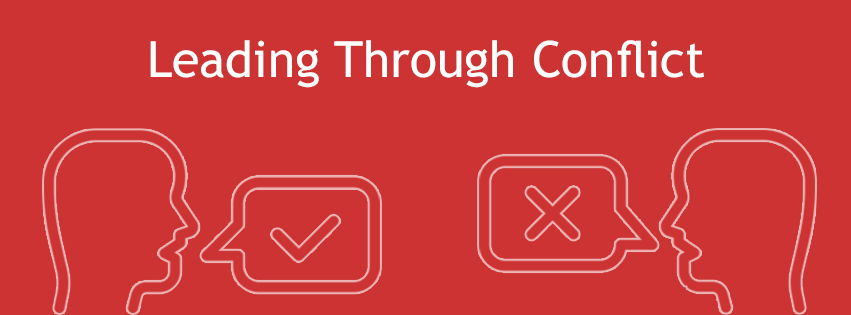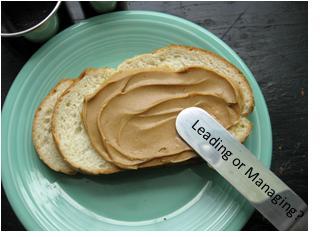Conflict in teams is inevitable, and when managed effectively, conflict can actually be a good thing! New ideas are born; relationships are deepened through the airing and resolution of differences; and teams grow stronger. However, when you (as a leader) are in the midst of conflict, it can be a bit overwhelming.
Here are 5 tips for managing team conflict effectively:
Be self-aware. Understanding your leadership strengths and how you react under stress is essential to handling conflict in a constructive manner. Often our positive traits can be perceived as negative when they get overextended during stress. For example, if you tend to set the bar high for yourself and others, this may be perceived as an unreasonable demand for perfection by a team that is struggling with workload or other internal issues. If your strength is leading through people, when stressed you may spend too much time trying to make sure everyone is happy rather than focusing on the collective team goals.
Know your team. The best teams bring diverse personalities, skills and experience to the table. Recognize the value that each individual contributes to the team. Build the team’s awareness and appreciation for different skills, ideas and approaches. Provide opportunities for productive interactions and mutual understanding. This will help you create a foundation for effective conflict resolution.
Make the time to just listen. When a deadline is looming, and the team can’t seem to get past a conflict barrier, you may be tempted, as the leader, to force an end to the issue and just push your position through. Don’t. Make time to listen to all sides so you can get to the core of the issue and help the team co-create a solution.
Harness the power of diverse thinking. Create an environment that encourages open communication and fresh ideas and approaches. Reach out to those who are less vocal to ensure that their ideas get added to the mix. When everyone feels heard and appreciated, “conflicts” become productive discussions.
Chart the way forward. Embrace the “lessons learned” from the bumps on the journey, refocus on the goals and move forward.
Want to learn more about your leadership style and the styles of your team for more effective conflict resolution? Register for my upcoming Leadership Power Hour™ webinar!
Till the next time, keep it real.
Karen









